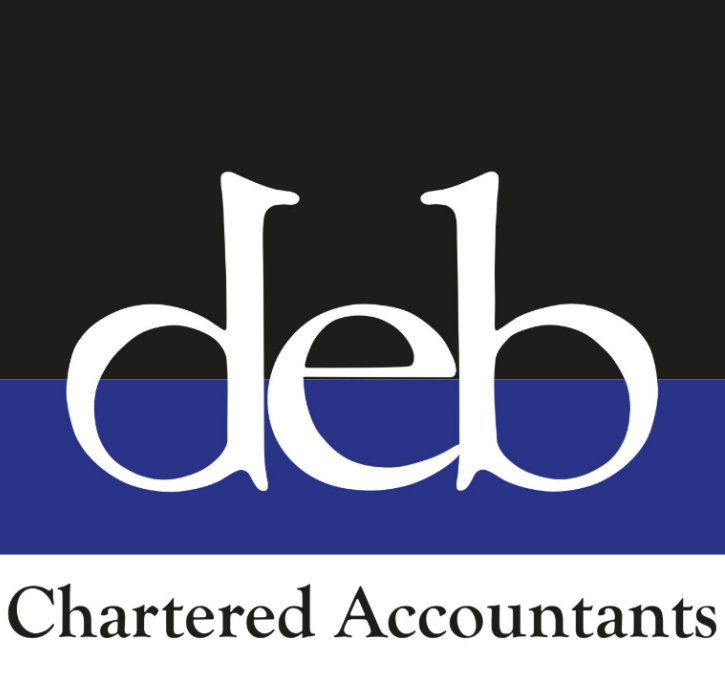
From April, people drawing the state pension may see an increase of more than £500 a year, thanks to the government’s triple lock guarantee. The policy means the pension rises each year by whichever is higher: 2.5%, inflation, or average wage growth.
The latest figures from the Office for National Statistics suggest that the average earnings growth of 4.7% will be the measure used.
For those on the new state pension (anyone reaching state pension age after April 2016), the weekly amount for a full entitlement is expected to increase to £241.05, or £12,534.60 a year. That’s a rise of £561.60 compared with now.
For those on the old basic state pension, the increase is expected to take the full weekly payment to £184.75, or £9,607 a year, an annual rise of £431.60.
Tax Implications
While this is welcome news for pensioners’ incomes, there’s another angle to consider. The personal income tax allowance - the amount you can earn tax-free each year - is set to remain frozen at £12,570 until 2028. With the new state pension edging ever closer to this level, many pensioners who rely mainly on the state pension could find themselves paying tax for the first time by 2027.
While many pensioners already pay income tax due to other sources of retirement income, this freeze, combined with steady increases in the state pension, will pull more people into the tax net over the next few years.
What This Means for You
Any rise in the state pension will provide some welcome relief against the continuing increases in the cost of living. However, with frozen tax thresholds, the effect on your disposable income may be less than you would first think.
If you would like personalised advice on how your tax position may be affected, please feel free to call us. We would be happy to help you!

With just 10 weeks or so to go until the new tax year, many businesses are preparing for the changes that Making Tax Digital (MTD) will bring. From April, sole traders and landlords with an income of over £50,000 will need to submit quarterly updates to HMRC.

If you are new to being self-employed or being a landlord, Self Assessment can feel like one of those jobs you know you should understand better, but never quite get around to.
